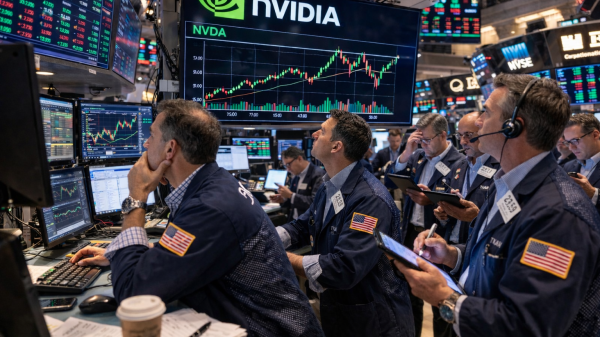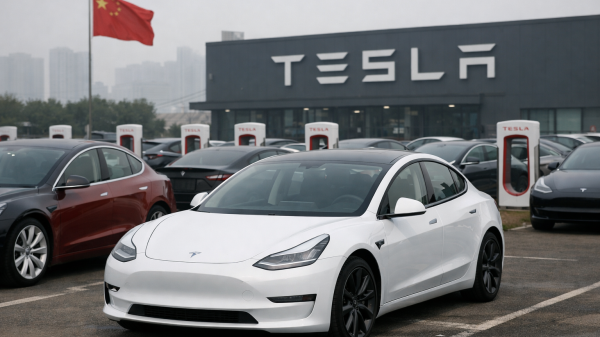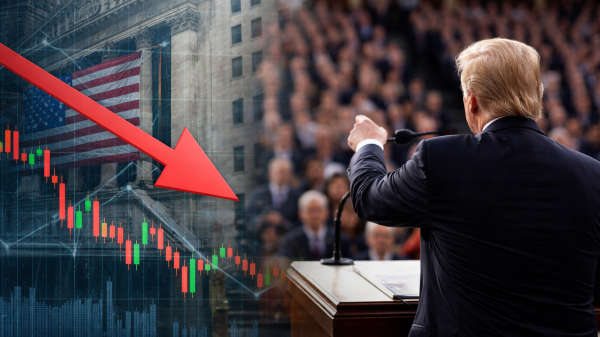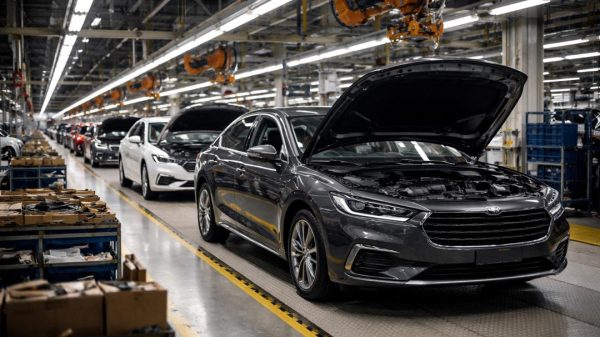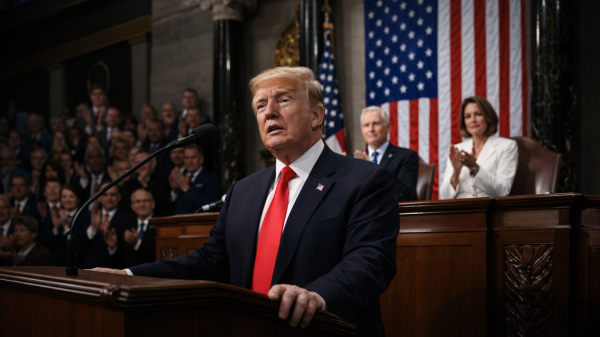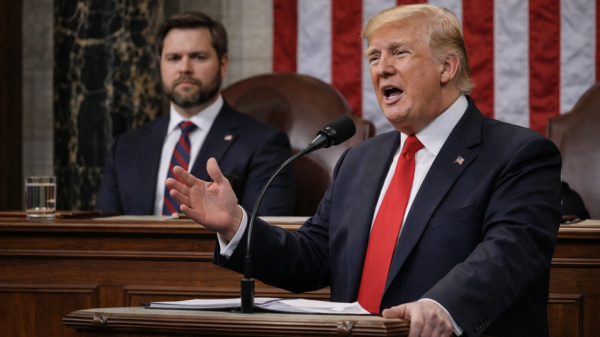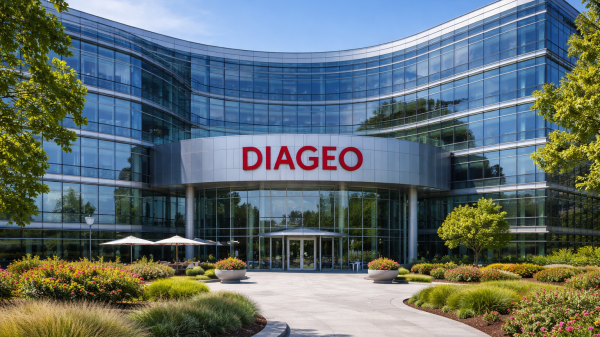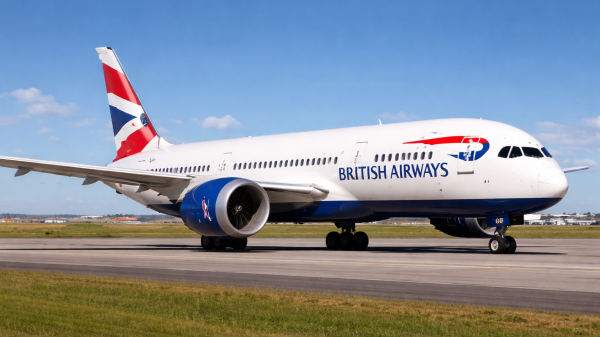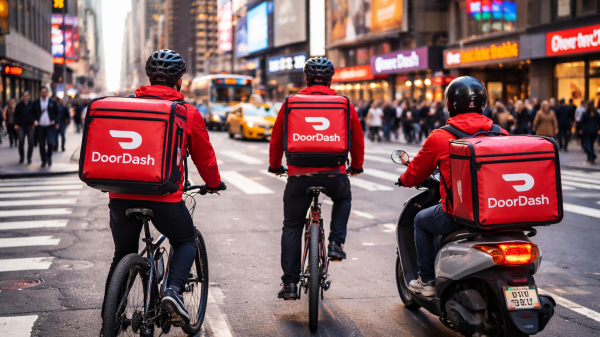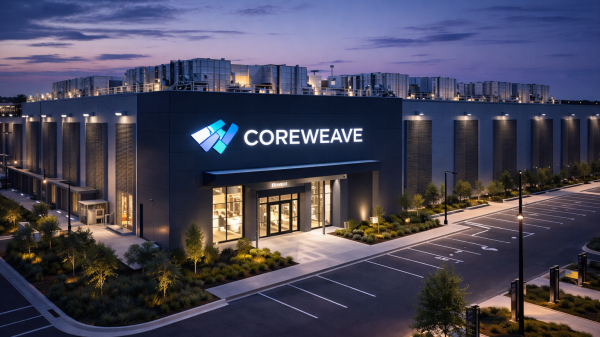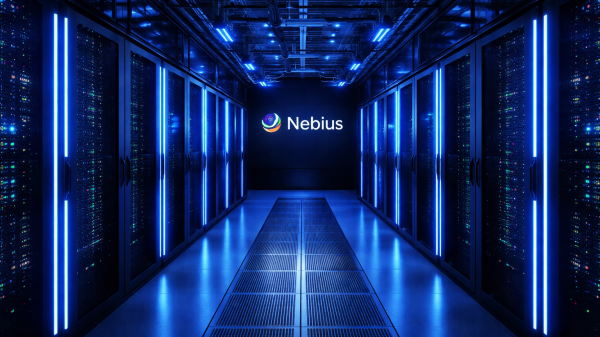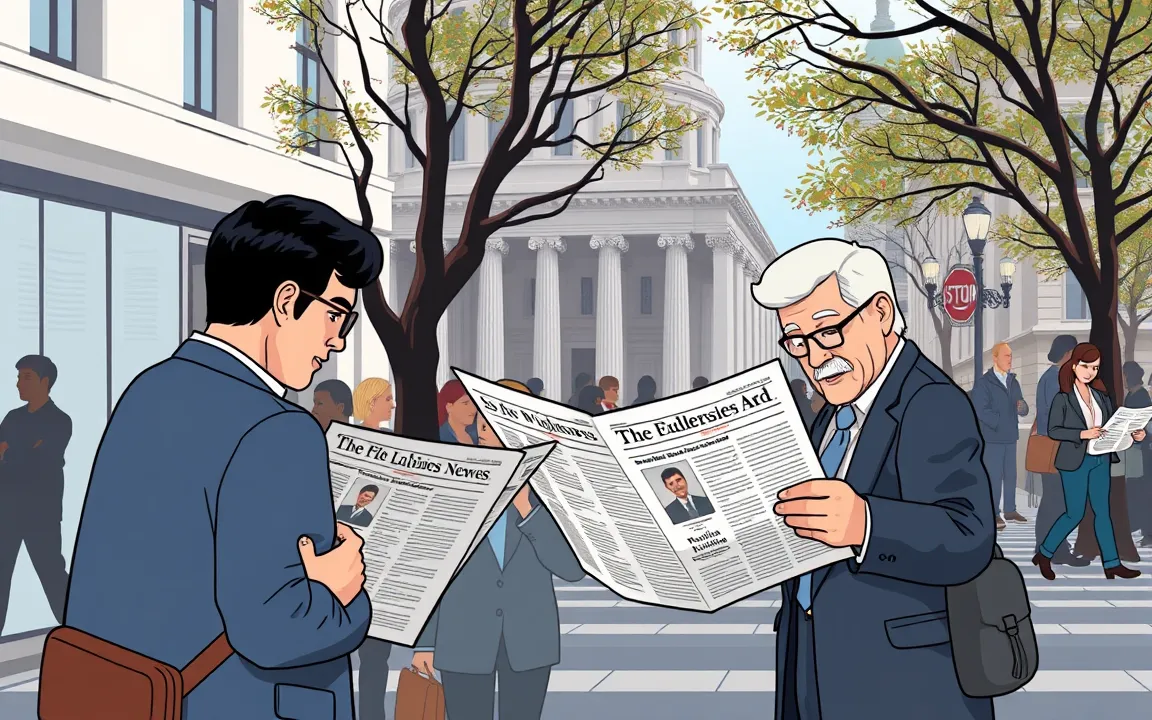A busy night in global affairs saw Beijing sharpen its rhetoric ahead of hosting world leaders, Nvidia forced to pause a key chip rollout under Chinese scrutiny, and Elon Musk making an unlikely approach to Mark Zuckerberg in his pursuit of OpenAI.
Here’s your one-stop stand to catch up on all the headlines you may have missed.
China sharpens rhetoric ahead of hosting Modi, Putin, Erdoğan
Beijing signalled a harder edge in its foreign policy stance on Thursday, accusing the United States of “threatening world peace” as it prepares to host a summit bringing together Indian Prime Minister Narendra Modi, Russian President Vladimir Putin, and Turkish President Recep Tayyip Erdoğan.
Alluding to the US in the veiled language often used by Beijing, Liu described the summit hosted by President Xi Jinping as a departure from the ethos of “a certain country” that “seeks to put its national interest above the interest of others.”
He said the SCO’s “guiding principles and core spirit” go beyond “outdated concepts such as the clash of civilisations and Cold War mentality and zero-sum games,”
The remarks, delivered by China’s foreign ministry, stopped short of naming Washington directly but underscored mounting friction between the two powers.
The summit itself is being framed by Beijing as an alternative to Western-dominated forums, and the participation of Modi, Putin, and Erdoğan is likely to amplify narratives of a shifting global order.
For China, it is also an opportunity to showcase diplomatic clout amid intensifying US sanctions and security tensions.
More than 20 foreign leaders are set to attend the annual summit of the Shanghai Cooperation Organisation, the regional security and economic bloc led by Russia and China.
Nvidia halts production of new AI chips under Chinese scrutiny
Meanwhile, in the corporate world, Nvidia has been forced to pause production of its new H2O artificial intelligence chips designed specifically for the Chinese market, as per a report from The Information.
The move follows regulatory pressure from Beijing, which has tightened oversight on powerful AI processors over fears of misuse and foreign influence.
The decision threatens to delay Nvidia’s rollout plans and highlights the difficult balancing act facing US tech giants trying to retain access to China while navigating an increasingly hostile regulatory environment.
With Washington’s export controls already curbing the supply of high-end chips to Chinese companies, Beijing’s clampdown on Nvidia underscores a deepening tech cold war.
The stakes are particularly high for Nvidia, whose dominance in AI hardware has made it a flashpoint in the rivalry between the world’s two largest economies.
Musk courts Zuckerberg in bid to acquire OpenAI
In Silicon Valley, the battle for artificial intelligence took another unexpected twist.
Reports surfaced that Elon Musk had approached Meta CEO Mark Zuckerberg about joining forces to help X.AI acquire OpenAI.
Musk, who co-founded OpenAI before splitting with the company in 2018, has been openly critical of its direction under CEO Sam Altman.
The idea of Musk seeking Zuckerberg’s partnership is striking, given the two have long been rivals—most notably clashing over AI safety and their competing social media platforms.
If successful, such a bid would reshape the competitive landscape of the AI industry, putting two of tech’s most influential and combative figures on the same side.
The post Morning brief: Beijing’s jab at Washington, Nvidia’s setback, Musk courts Zuckerberg appeared first on Invezz






